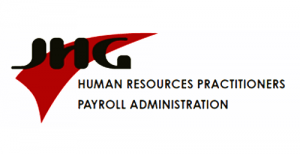Retrenchment: more than 50 employees
OVERVIEW
1.5.1. Appointment of a facilitator
1.5.2. Sixty days allowed for consultation/facilitation
1.5.3. The consultation process
1.5.4. After the 60 days
FORMS TO DOWNLOAD
1.1.11 Notice of intention to retrench
1.4.6 Retrenchment advice

